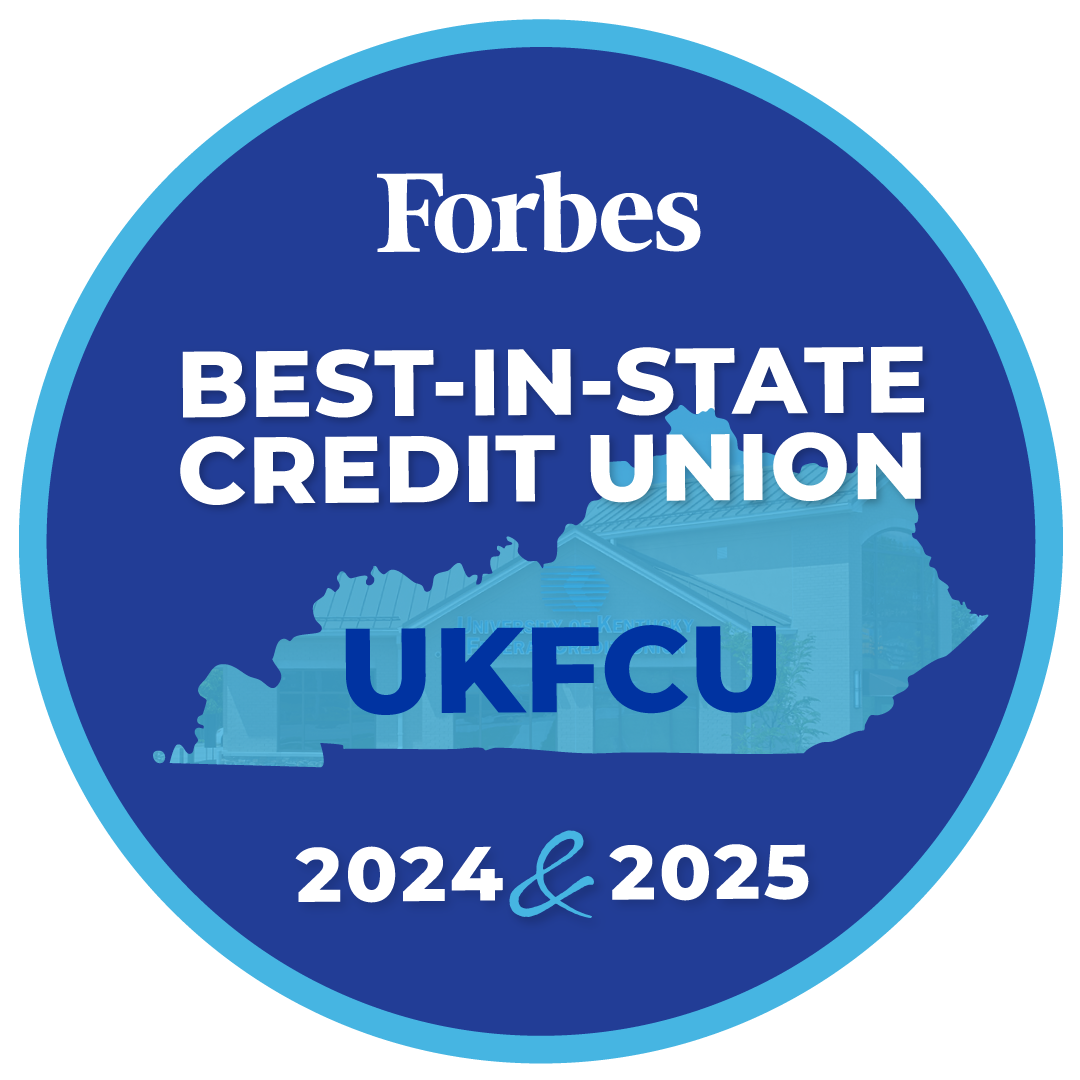Debt is a part of life for many of us, from student loans and mortgages to credit cards and personal loans. But managing debt effectively is crucial for achieving financial stability and reducing stress. By adopting some straightforward strategies, you can stay on top of your debt, reduce interest payments, and make meaningful progress toward becoming debt-free. In this guide, we’ll walk through essential steps for managing debt responsibly and building a strong financial future.
1. Assess Your Debt and Develop a Personalized Plan
The first step in managing debt effectively is understanding the full scope of what you owe. Start by creating a complete list of each debt, including:
- Lender’s name
- Total balance
- Interest rate
- Minimum monthly payment
With this information, you can calculate your overall debt load, helping you set priorities and determine the best repayment approach. Two widely used debt repayment strategies can help you develop an actionable plan:
The Snowball Method: Building Momentum with Small Wins
The Snowball Method focuses on paying off your smallest debts first, regardless of interest rates. The steps are straightforward:
- List Debts by Balance: Arrange your debts from smallest to largest balance.
- Make Minimum Payments: Continue making minimum payments on all debts to keep them current.
- Focus on the Smallest Debt: Put any extra funds toward the smallest debt until it’s fully paid off.
- Repeat the Process: Once the smallest debt is cleared, roll the amount you were paying into the next smallest debt.
This approach gives you quick wins as you eliminate smaller debts, which can be highly motivating. The satisfaction of clearing individual balances can keep you energized and committed to the process. However, since it doesn’t focus on interest rates, it may cost more in interest over time.
The Avalanche Method: Prioritizing Interest Savings
The Avalanche Method targets high-interest debts first, helping you save on interest in the long run. Here’s how it works:
- List Debts by Interest Rate: Organize your debts from highest to lowest interest rate.
- Make Minimum Payments on All Debts: Keep all accounts current with minimum payments.
- Pay Extra on the Highest-Interest Debt: Focus any additional funds on the debt with the highest rate.
- Continue Down the List: Once the highest-interest debt is paid off, apply your payments to the next highest-rate debt.
By tackling the most expensive debt first, this method reduces the total interest paid, helping you pay off your debt faster overall. While it may take longer to clear the first balance, the long-term savings can be substantial.
Consider your personality and financial situation when choosing between these methods. The snowball method may be better if you’re motivated by small wins, while the avalanche method is more effective for minimizing interest costs.
2. Set a Realistic Monthly Budget to Support Debt Repayment
A well-planned budget is essential for paying down debt while covering other expenses. Start by listing your monthly income sources and fixed expenses, such as rent, utilities, and insurance. Next, add variable expenses like groceries, entertainment, and other discretionary spending. With this complete view, you can calculate a budget that allows for debt payments and other essential financial goals.
Be realistic with your budget to ensure it’s sustainable. A budget that’s too strict can lead to burnout, causing you to rely on credit for expenses if you overspend. Ideally, your budget should balance debt payments with an emergency fund contribution. Having a small savings buffer will help cover unexpected expenses without derailing your repayment efforts.
Some tips to make budgeting easier:
- Use financial apps like Mint or You Need a Budget (YNAB) to track expenses automatically.
- Review your budget monthly and adjust if your financial situation changes.
- Avoid over-relying on credit by setting a cash or debit limit for discretionary spending.
- Use the UKFCU Online and Mobile Banking to track your spending.
3. Reduce Interest Costs Where Possible
Interest costs can significantly impact how quickly you pay off debt, especially with high-interest debt like credit cards. Consider these strategies for reducing interest:
- Debt Consolidation: Consolidating high-interest debts into a single loan with a lower rate can streamline payments and reduce your monthly interest costs. Look for debt consolidation loans or personal loans from reputable sources, such as UKFCU, to get competitive rates and terms.
- Balance Transfer Credit Cards: Some credit cards offer a 0% introductory APR on balance transfers, allowing you to pay down your balance interest-free for a limited time. However, consider any transfer fees and plan to pay off the balance before the promotional period ends.
- Negotiating with Creditors: Contacting your creditors to explain your situation and request a reduced interest rate can sometimes result in lower payments. Although not guaranteed, creditors may be willing to work with you to prevent missed payments and help keep your debt manageable.
Reducing your interest rate, even by a small amount, can have a big impact over time, allowing more of each payment to go toward the principal balance and helping you eliminate debt faster.
4. Prioritize On-Time Payments to Protect Your Credit
Timely payments are essential for effective debt management. Late or missed payments can lead to penalty fees, increased interest rates, and a negative impact on your credit score, making it harder to access favorable terms in the future. Here are some tips to help you make payments on time:
- Set Up Automatic Payments: Many lenders allow you to automate payments, which ensures they’re made on time each month. Just make sure there are sufficient funds in your account to avoid overdraft fees.
- Use Reminders and Alerts: Schedule payment reminders on your phone or calendar a few days before each due date. Financial apps often offer alerts to keep you informed about upcoming payments.
- Set Aside a Payment Cushion: Keeping a small cushion of funds in your account can help prevent missed payments if unexpected expenses arise.
On-time payments positively impact your credit score, making it easier to qualify for favorable loan terms in the future.
5. Avoid Accumulating New Debt While Paying Down Existing Balances
While you’re focused on paying off debt, avoid accumulating new debt, which can slow your progress and increase your financial burden. Here are some strategies for staying debt-free while you pay down balances:
- Limit Credit Card Use: If possible, avoid using credit cards for everyday purchases unless you’re able to pay the balance in full each month. Instead, use a debit card or cash to keep spending in check.
- Opt for Cash or Debit for Daily Purchases: Using cash or debit can help you stay within your budget and prevent impulse purchases that add to your debt load.
- Build an Emergency Fund: Saving for emergencies, even if it’s a small amount each month, helps avoid using credit cards when unexpected expenses arise. Aim for a starter fund of at least $500 and gradually work toward three to six months’ worth of living expenses as you pay down debt.
By avoiding new debt, you’ll make consistent progress toward reducing your current balances and building a more stable financial future.
6. Track Your Progress and Celebrate Milestones
Debt repayment is often a long process, so it’s important to track your progress and celebrate milestones along the way. Regularly checking your balances can be motivating and help you stay on course. Here are a few ways to celebrate your achievements:
- Visual Progress Tools: Create a progress tracker to visualize your debt reduction over time. You could use a chart, coloring sheet, or an app that lets you mark each step.
- Reward Small Wins: Every time you pay off a debt or reach a milestone, reward yourself with a small treat or activity. This positive reinforcement can keep you motivated, making the debt repayment process more enjoyable.
Tracking progress and acknowledging small victories can make a big difference in your motivation, helping you stay focused until you reach your goal.
7. Seek Help If Needed
Managing debt on your own can be challenging, especially if you’re dealing with high balances or multiple creditors. If you’re struggling, consider seeking assistance. Here are a few resources that can provide support:
- Credit Counseling Services: Many nonprofit credit counseling agencies offer free or low-cost services to help you create a debt management plan. Credit counselors can review your debt, create a repayment strategy, and sometimes negotiate with creditors on your behalf.
- Debt Management Plans (DMPs): If you’re overwhelmed by credit card debt, a DMP may help. This plan consolidates your credit card balances into one monthly payment, often at a lower interest rate, which the credit counselor negotiates with your creditors.
- Talk with a Financial Advisor at UKFCU: Our team of Financial Advisors at UKFCU can help you take a look into your finances. They can advise you on how to make money while you manage your debts and get you to a brighter future.
Seeking help doesn’t mean you’ve failed—it’s a proactive step to regain control and move toward a brighter financial future.
Final Thoughts
Managing debt effectively is all about building smart financial habits, creating a realistic plan, and taking small, consistent steps toward your goals. By developing a debt repayment strategy, setting a sustainable budget, and prioritizing on-time payments, you can make meaningful progress in reducing your debt and achieving financial freedom.
If you would like guidance on your debt management journey, contact UKFCU to see how we can help. With the right support, a clear plan, and determination, you can manage your debt responsibly and build a stable financial future.












.png?language=en)